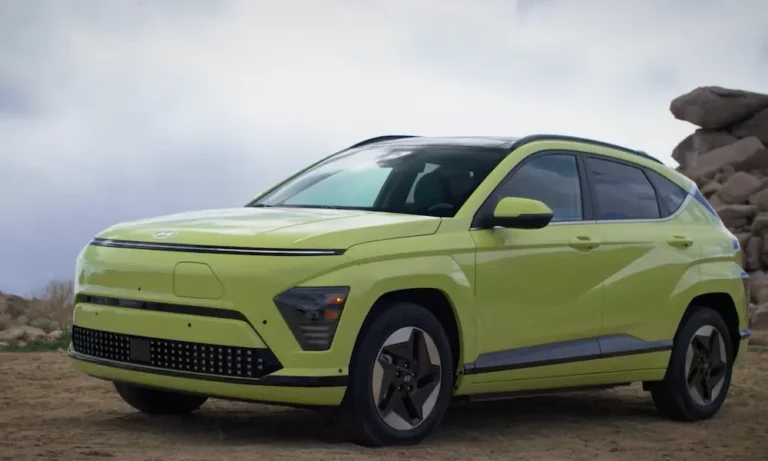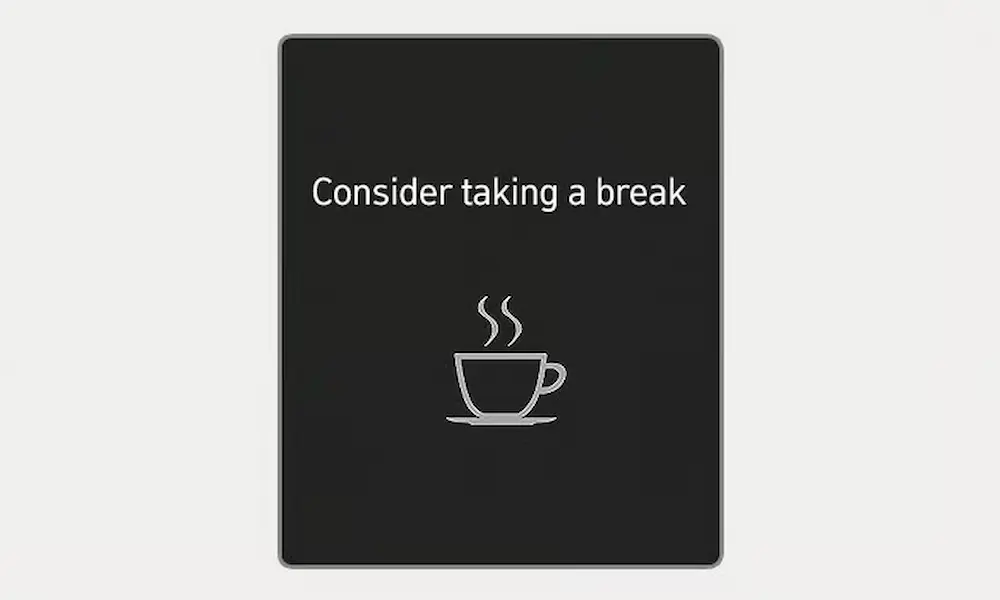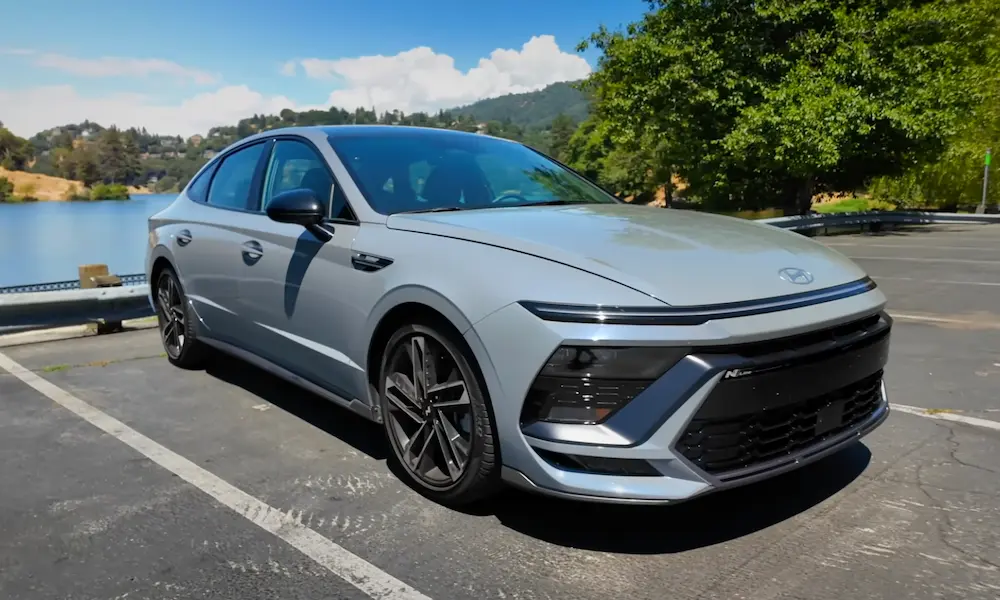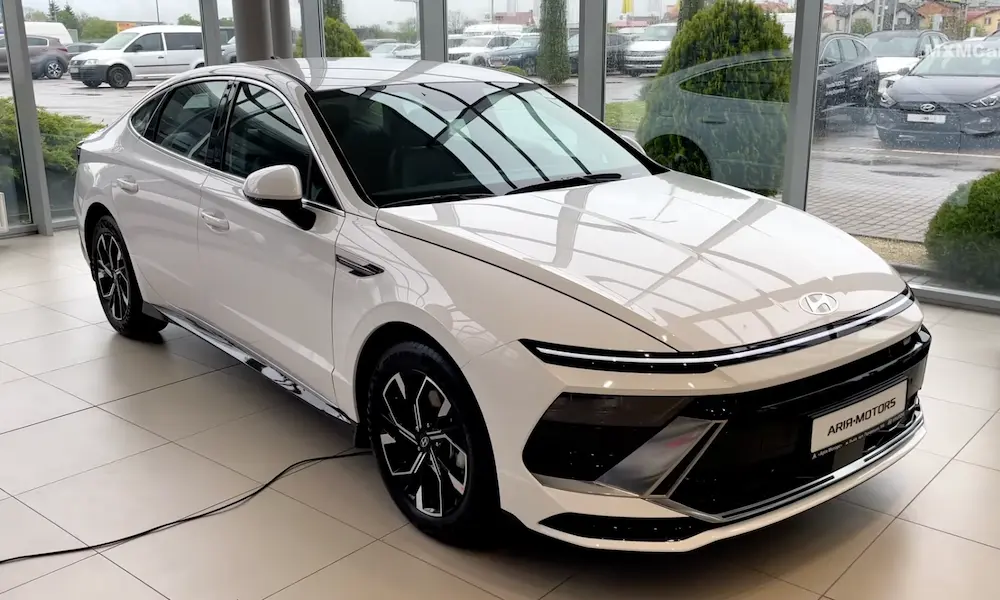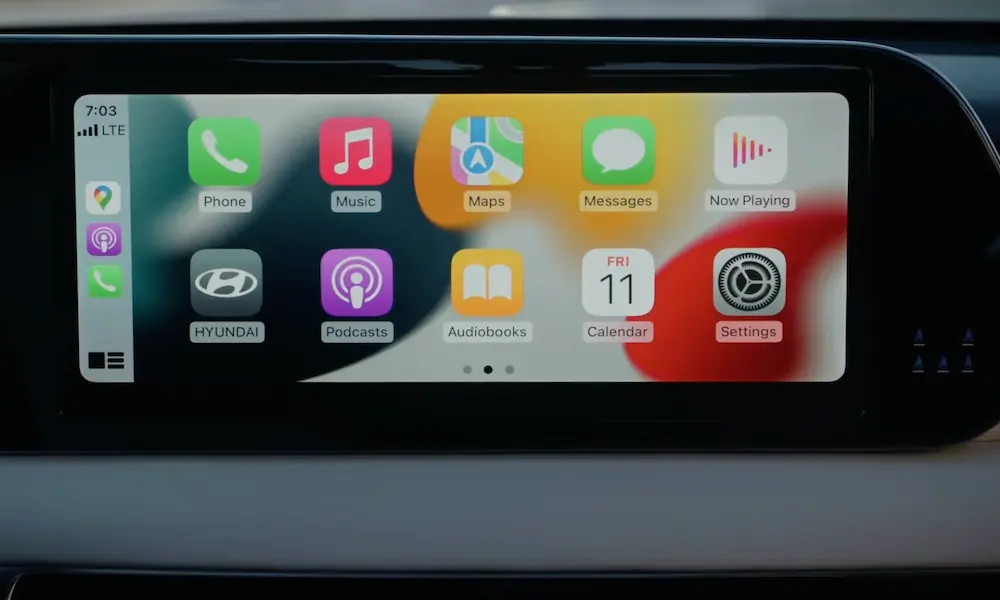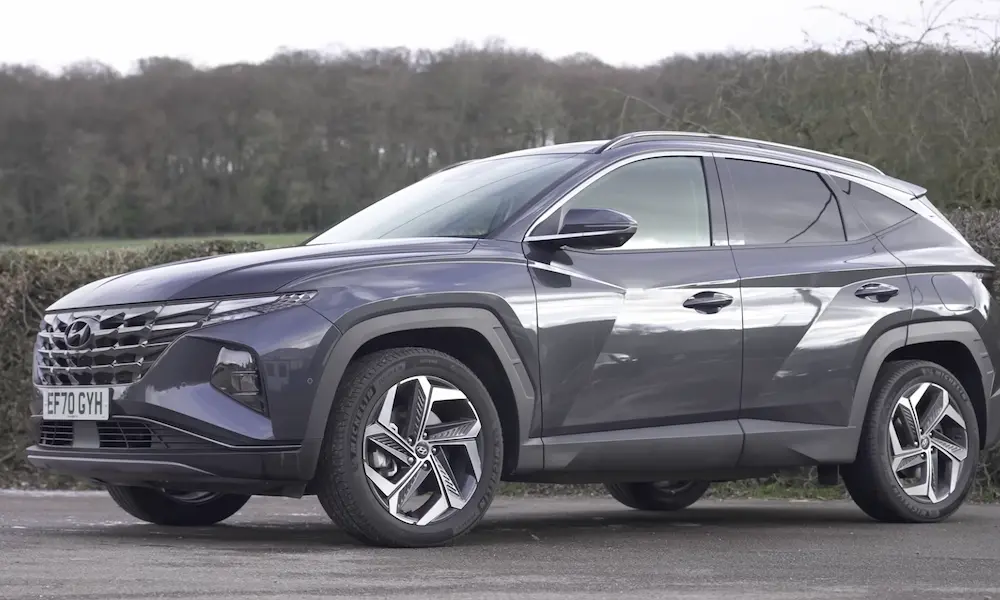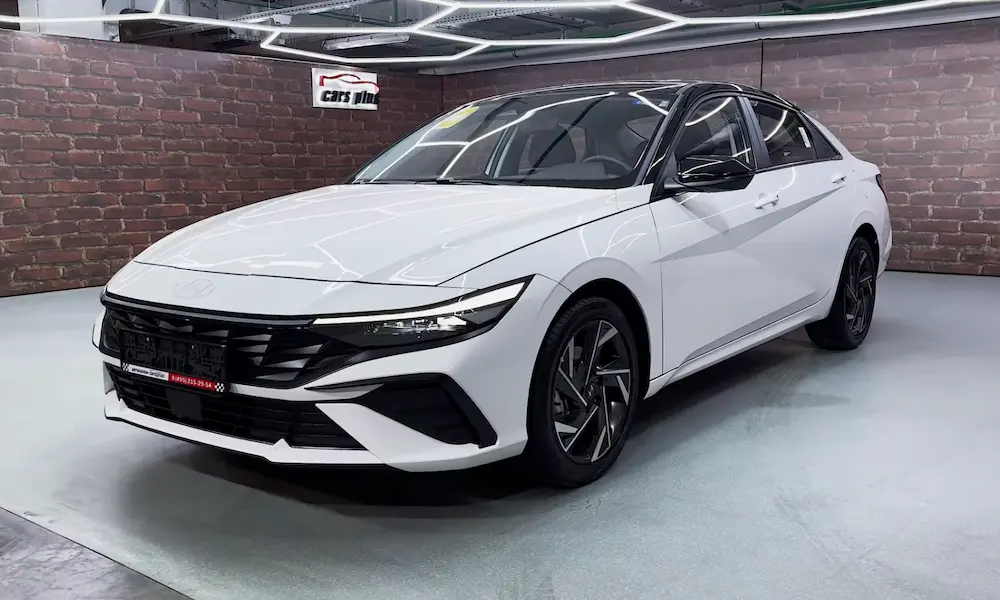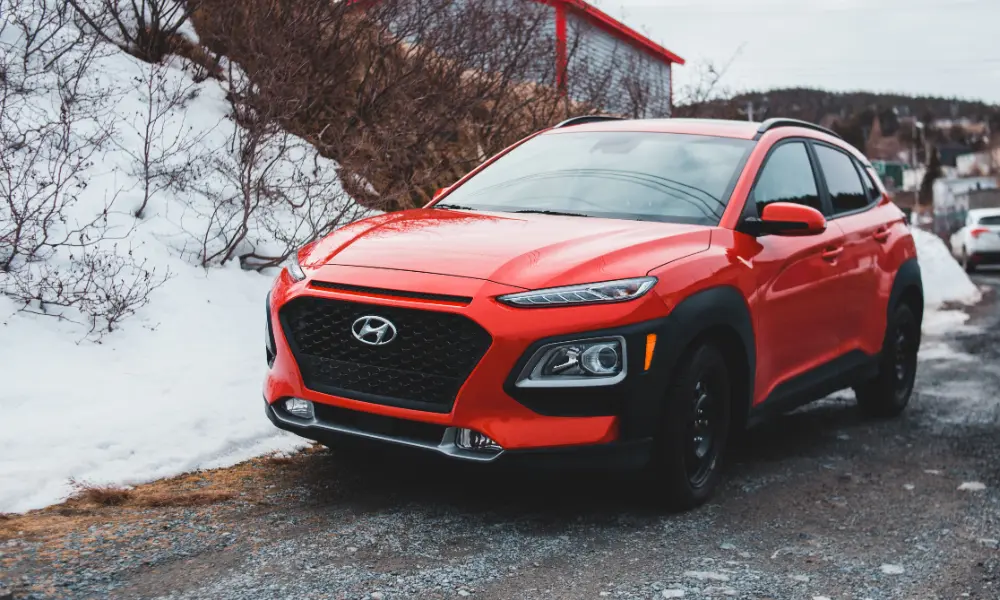You’re sitting at the dealership, keys to your new Hyundai nearly in hand, when the finance manager slides a folder across the desk. “Have you considered protecting your investment with an extended warranty?” Suddenly, you’re facing a decision that could impact thousands of dollars of your budget.
Let’s cut through the sales pitch and examine whether a Hyundai extended warranty is actually worth your money—with real numbers, practical advice, and none of the usual pressure tactics.
Hyundai’s Factory Warranty Is Already Impressive
Before deciding on extended coverage, you need to understand what you already have. Hyundai’s factory warranty is genuinely one of the best in the business:
- 5-year/60,000-mile bumper-to-bumper coverage (New Vehicle Limited Warranty)
- 10-year/100,000-mile powertrain warranty covering your engine, transmission, and drivetrain
- 7-year/unlimited miles anti-perforation warranty against rust
- 5-year/unlimited miles roadside assistance
This standard coverage already outshines competitors like Toyota (3-year/36,000-mile basic) and even premium brands like Lexus. The factory warranty positions Hyundai as exceptionally confident in their vehicles’ reliability.
What The Factory Warranty Doesn’t Cover
Despite its comprehensive nature, Hyundai’s factory warranty has some notable exclusions:
- Regular wear items like brake pads, wiper blades, and clutch linings (covered only for 12 months/12,000 miles)
- Tires (these fall under the tire manufacturer’s warranty)
- Damage from environmental factors like hail or salt corrosion
- Issues caused by aftermarket modifications
- Cosmetic problems that don’t affect function
Understanding these gaps helps determine if an extended warranty might fill crucial protection needs for your situation.
Hyundai Extended Warranty Options Explained
When you purchase a Hyundai Protection Plan (the official name for their extended warranty), you’re choosing from three main coverage tiers:
| Plan Level | Primary Coverage | Typical Cost Range |
|---|---|---|
| Powertrain | Engine, transmission, drivetrain components | $1,800-$2,500 |
| Gold | Powertrain plus climate control, electrical, fuel systems | $2,200-$3,500 |
| Platinum | Comprehensive coverage including electronics, steering, brakes | $2,800-$5,000 |
All plans require that repairs be performed at Hyundai dealerships using genuine parts, which ensures quality but limits your repair options.
Crucial Detail: The Original Owner Advantage
Here’s something many salespeople won’t emphasize: Hyundai’s impressive 10-year/100,000-mile powertrain warranty applies only to the original owner. Second owners receive significantly reduced coverage—typically just the remainder of the 5-year/60,000-mile basic warranty.
This makes extended warranties potentially more valuable for:
- Used Hyundai buyers
- Owners planning to keep their vehicles beyond the original warranty
- Those who might sell their vehicle and want to transfer warranty protection as a selling point
The Real Cost Calculations
Let’s talk money. For most Hyundai models, you can expect to pay:
- Hyundai Elantra: Between $1,162-$2,425 annually depending on coverage level
- Santa Fe: Approximately $1,227-$1,293 annually
- Average across models: $1,800-$5,000 total cost for full term coverage
Important: These prices are often negotiable. Many buyers report successfully haggling 20-40% off the initial quote, especially when purchasing at the time of vehicle acquisition.
Are Hyundai Vehicles Reliable Enough To Skip Extended Coverage?
Hyundai ranks above average in reliability, earning a 4.0/5.0 score from RepairPal. But this varies by model:
- The Elantra shows better-than-average reliability scores
- Santa Fe and Tucson models have average reliability with some reported electrical and turbocharger issues
- Newer tech-heavy models like the Ioniq and Kona Electric have limited long-term data
These reliability differences should factor into your decision. More reliable models like the Elantra may not need extended protection, while complex or tech-heavy vehicles present higher potential repair costs.
What Actually Breaks on Hyundais (And What It Costs)
When evaluating an extended warranty’s value, you need to know what typically fails and the associated repair costs:
| Component | Typical Repair Cost | Covered by Factory Warranty? | Covered by Extended Warranty? |
|---|---|---|---|
| Infotainment System | $2,000-$3,000 | Yes (5yr/60k) | Yes (Platinum) |
| Turbocharged Engine | $3,500-$5,000 | Yes (10yr/100k) for original owner | Yes (all plans) |
| Transmission | $3,000-$4,500 | Yes (10yr/100k) for original owner | Yes (all plans) |
| Suspension Components | $500-$1,200 | Yes (5yr/60k) | Yes (Gold/Platinum) |
| Climate Control | $800-$1,800 | Yes (5yr/60k) | Yes (Gold/Platinum) |
This demonstrates why extended warranties become more valuable for second owners or those keeping vehicles beyond the factory warranty period.
Hyundai vs. Third-Party Extended Warranties
Hyundai isn’t your only option for extended protection. Third-party warranties from companies like Endurance offer:
- Repair service at any ASE-certified mechanic (not just Hyundai dealers)
- Coverage for vehicles with up to 200,000 miles
- Additional perks like tire coverage and trip interruption reimbursement
However, third-party plans typically involve more complex claims processes and may use aftermarket parts. For those who value simplicity and factory parts, the Hyundai Protection Plan offers advantages despite potentially higher costs.
Who Should Definitely Get a Hyundai Extended Warranty
Based on comprehensive analysis of reliability data and consumer experiences, extended warranties make the most sense if you:
- Purchased a used Hyundai that no longer has the full factory warranty
- Plan to keep your vehicle beyond 5 years or 60,000 miles
- Own a model with known reliability concerns (some Santa Fe, Tucson, or Genesis models)
- Have a tech-heavy model with expensive electronic systems
- Strongly prefer financial predictability over potential savings
Who Should Skip the Extended Warranty
You can probably forego extended coverage if:
- You typically sell or trade vehicles within 3-5 years
- You’ve purchased a historically reliable model like the Elantra
- You have a robust emergency fund and prefer to self-insure against repairs
- You’re comfortable with basic repairs and have access to trustworthy independent mechanics
What Real Hyundai Owners Say About Extended Warranties
Consumer experiences reveal mixed outcomes:
One Tucson owner reported saving around $900 over 10 years despite paying $1,500 for the extended warranty—a net loss, but with peace of mind.
Another Santa Fe owner paid $1,500 for extended coverage but never needed a single repair during the extended period, effectively losing the entire premium.
Multiple owners note that the decision hinges on how long you’ll keep the vehicle: “If you’re keeping it less than 5 years, skip it. If longer, strongly consider it.”
The Break-Even Analysis: Will You Actually Save Money?
For an extended warranty to be financially worth it, the repair costs it covers must exceed the premium you pay. Let’s break this down:
Assuming a $3,000 Platinum warranty for a new Hyundai:
- You’d need to experience more than $3,000 in covered repairs after the factory warranty expires
- For a typical 5-year extended period, that’s $600+ in repairs annually
- Data shows the average Hyundai owner spends about $468 annually on repairs after warranty expiration
This suggests most owners won’t fully recoup their extended warranty costs through covered repairs alone. However, the value of peace of mind and predictable expenses remains significant for many.
Negotiation Tactics for Extended Warranty Purchase
If you decide an extended warranty makes sense, don’t pay the first price offered:
- Time your purchase wisely: You can add an extended warranty any time before your factory warranty expires, not just at vehicle purchase
- Comparison shop: Get quotes from multiple Hyundai dealerships, as prices vary significantly
- Negotiate aggressively: Extended warranty prices have substantial markup—start by offering 60% of the asking price
- Be prepared to walk away: The best deals often come after you’ve declined the initial offers
Understanding Warranty Claim Experiences
Having coverage is one thing—using it successfully is another. Hyundai’s extended warranty claim process involves:
- Taking your vehicle to a Hyundai dealership
- Having the service department diagnose the issue
- The dealer submits the claim directly to Hyundai
- Upon approval, repairs proceed using Hyundai genuine parts
This streamlined process is a primary advantage over third-party warranties, which may require you to pay upfront and submit for reimbursement.
The Value Beyond Money: Peace of Mind Factor
While the pure financial calculation may not favor extended warranties for many owners, there’s value in predictability and peace of mind that’s harder to quantify:
- No surprises when major components fail
- Protection against inflation in repair costs
- Simplified budgeting with known costs
- Reduced stress during vehicle problems
- Potential enhancement of resale value if the warranty is transferable
These psychological benefits explain why many satisfied extended warranty owners don’t regret their purchase even if they didn’t come out ahead financially.
Alternative Protection Options
If a full extended warranty seems excessive but you want some protection, consider:
- Mechanical Breakdown Insurance: Often cheaper than extended warranties with similar coverage
- Dealer-specific service plans: Some Hyundai dealers offer maintenance packages separate from warranties
- Certified Pre-Owned (CPO) Hyundais: These include limited warranty extensions already
- Self-funding: Setting aside the warranty cost in a dedicated repair fund
These alternatives offer various balances between coverage, flexibility, and cost.
Making Your Final Decision
When deciding on a Hyundai extended warranty, follow this checklist:
- Evaluate your specific model’s reliability using RepairPal or similar resources
- Consider your ownership timeframe realistically
- Calculate your financial capacity to handle unexpected repairs
- Get quotes from multiple sources
- Negotiate aggressively if you decide to purchase
- Read the contract thoroughly, paying special attention to exclusions
Remember, the “right” choice varies considerably based on your specific situation, vehicle model, and personal preferences regarding financial risk.
The most informed consumers often secure the best value, whether that means purchasing a carefully negotiated warranty or confidently declining unnecessary coverage.

